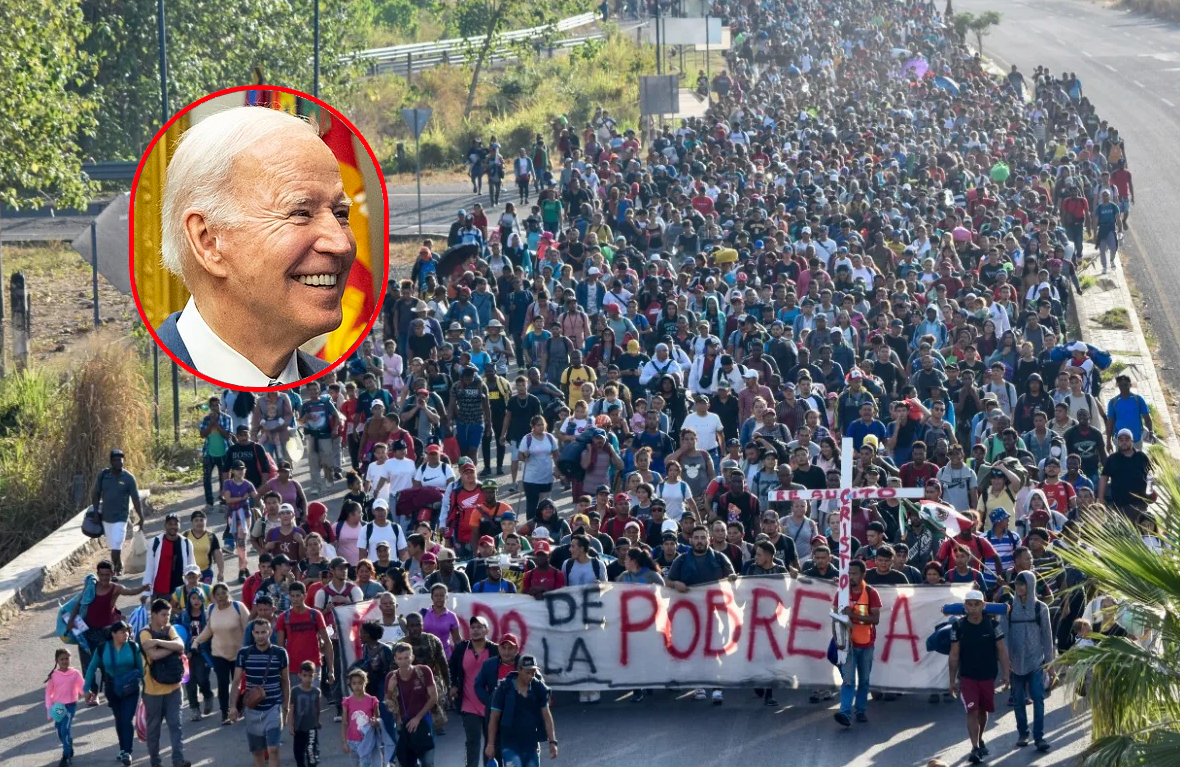The Biden administration is resuming an immigration program that allows migrants from Cuba, Haiti, Nicaragua, and Venezuela to legally enter the United States. The program had been temporarily paused due to concerns about potential fraud involving U.S.-based financial sponsors. The Department of Homeland Security (DHS) reviewed the situation and found no widespread fraud, but decided to introduce additional vetting procedures for sponsors to ensure the integrity of the process.
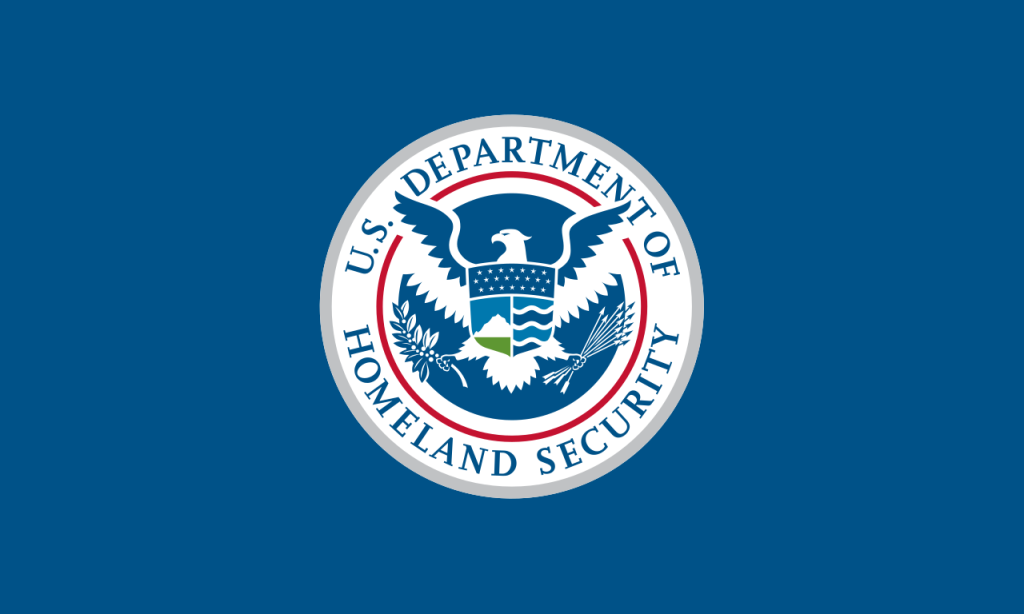
To address concerns about potential exploitation and fraud, DHS has introduced new procedures for the vetting of sponsors. These measures include a closer examination of the financial records that sponsors are required to submit, along with more detailed background checks, including fingerprinting. The goal is to identify and prevent fraudulent sponsors, particularly those who submit multiple applications, from exploiting the system. This additional scrutiny is meant to strengthen the program’s integrity and protect migrants from being taken advantage of by their sponsors.

This immigration program was initially launched in January 2023 as part of the Biden administration’s broader immigration strategy. The policy was designed to create legal pathways for migrants from countries that send large numbers of people to the U.S., while also restricting illegal border crossings. The program allows up to 30,000 people from the four specified countries to enter the U.S. each month, provided they have a financial sponsor in the U.S. and fly into an American airport. Migrants and their sponsors are both subject to DHS vetting before approval.

Republican lawmakers have been critical of the program, arguing that it circumvents existing immigration laws. They were particularly vocal when the program was suspended, viewing it as confirmation of their concerns about inadequate vetting of migrants and sponsors. Despite the resumption of the program with additional vetting measures, critics remain unsatisfied, arguing that the program still poses risks and calling for it to be scrapped entirely. They believe that continuing to allow 30,000 migrants per month into the U.S. only exacerbates the problem.
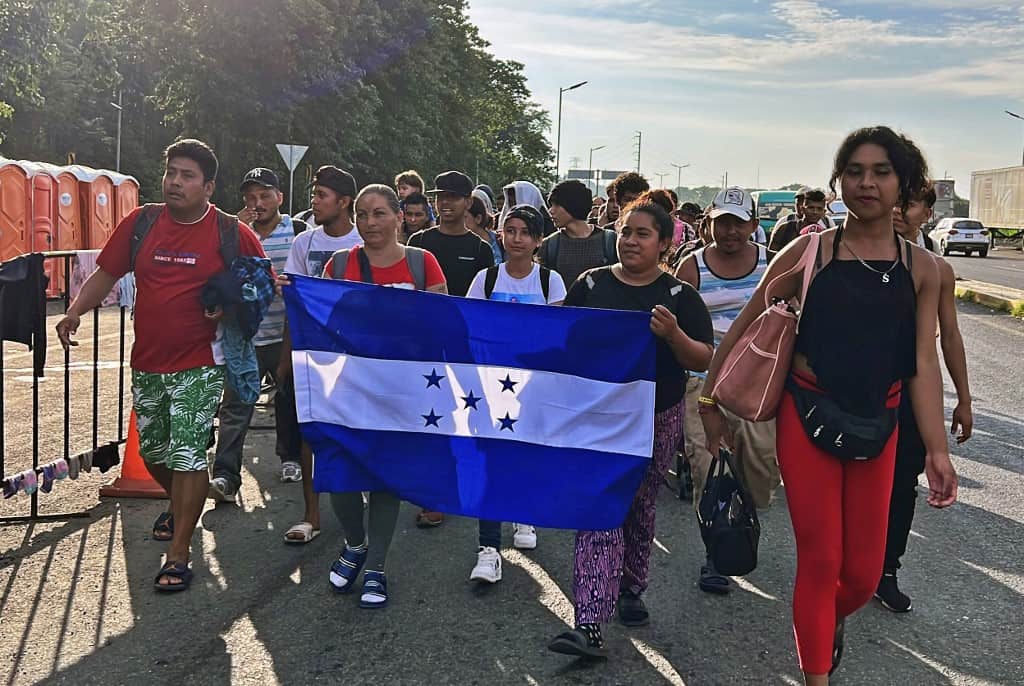
DHS’s internal review did uncover some instances of fraud, such as sponsors using fake Social Security numbers. However, the agency emphasized that most of these cases were due to errors, like typos during the online submission process, rather than intentional fraud. Only a small number of sponsors were found to have criminal backgrounds or fraudulent intentions significant enough to warrant referral to law enforcement. DHS also reassured the public that migrants themselves have been thoroughly vetted and do not pose a security risk.
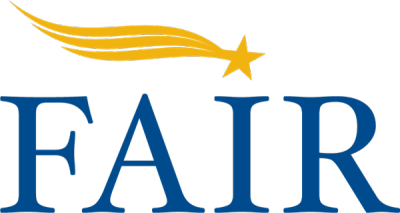
The decision to suspend the program earlier in the month followed a report by the Federation for American Immigration Reform (FAIR), a group that advocates for stricter immigration controls. The report claimed widespread fraud among sponsors, citing that over 3,000 sponsors were responsible for more than 100,000 applications, with some sponsors using Social Security numbers belonging to deceased individuals. However, neither DHS nor FAIR have released the report publicly, leaving some details unclear and fueling ongoing concerns about the program’s transparency.
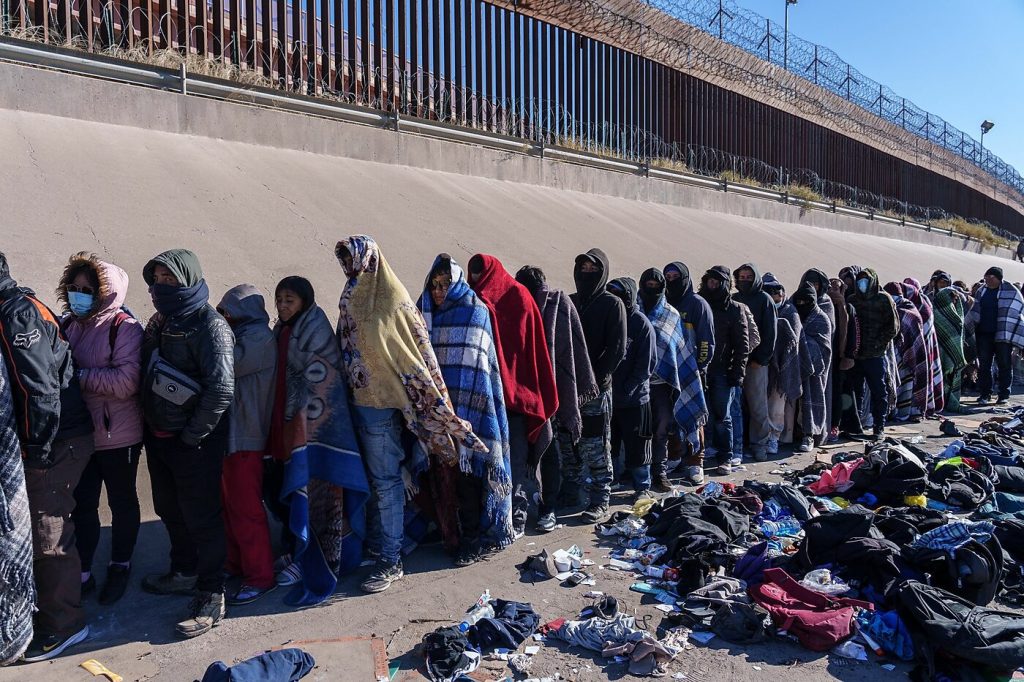
Since the program began, more than 520,000 people from Cuba, Haiti, Nicaragua, and Venezuela have legally entered the U.S. under its provisions. The program’s introduction has also coincided with a significant decrease in illegal border crossings by nationals from these countries. For example, the number of Cuban migrants arrested at the border dropped from over 42,000 in November 2022 to just over 5,000 during the first half of 2024. Similar declines have been observed among Haitian migrants, indicating that the program may be effective in reducing illegal immigration.

